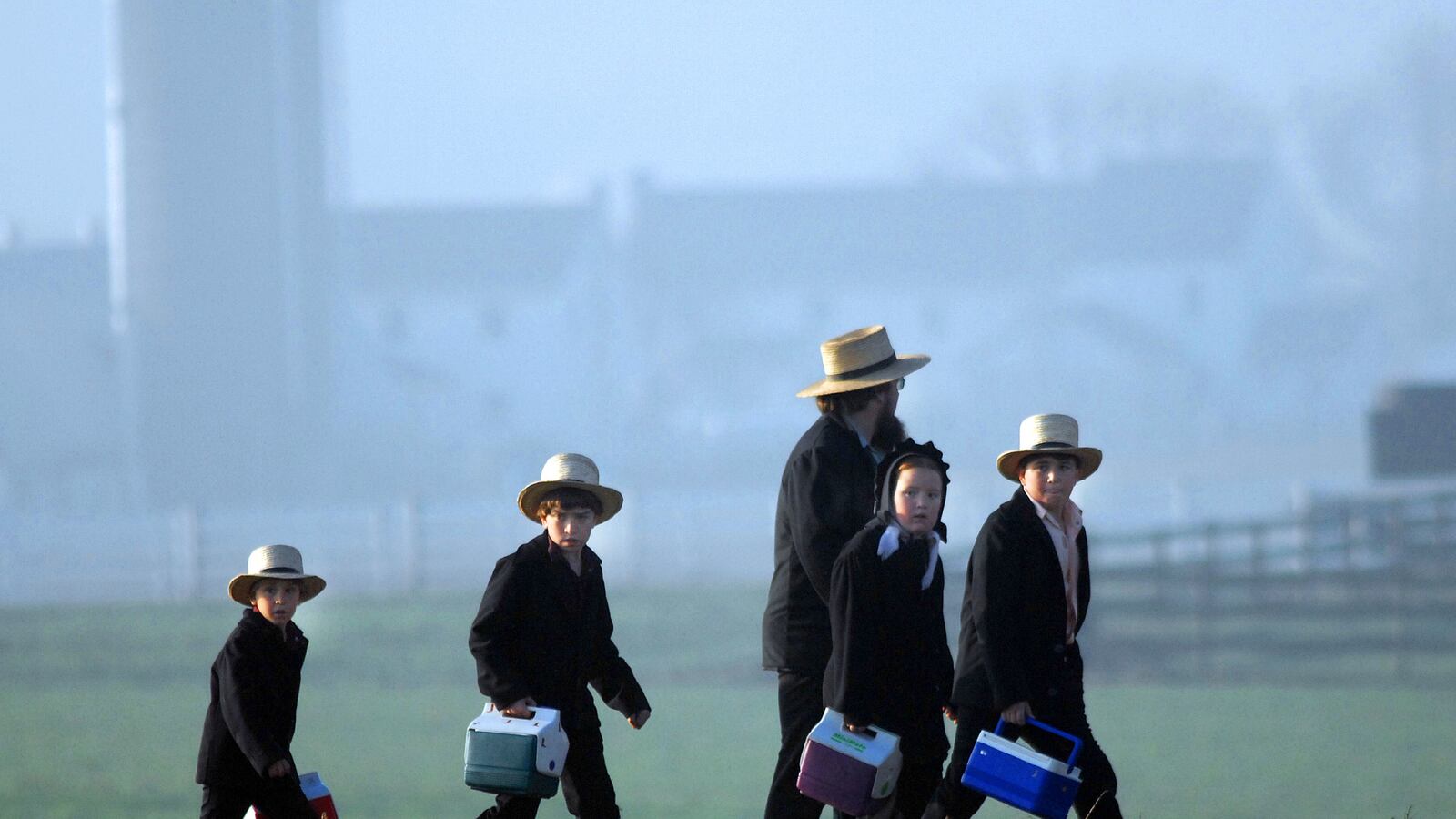Lucy Ellman fantasizes about a world without electricity, yet she stumbles upon her own rebutall. To live comfortably in a world without power requires many other human beings to toil without a hint of comfort. This lifestyle was accessible without power, but it's unlikely she would have reaped its benefits. The "mechanical slave" she references was simply known as a "wife" or "servant."
I have fantasies of electricitylessness. To live in a steading somewhere, equipped with a reliable well, vegetable patch, fireplace, maybe a wood-fired Aga. Cold white wine would somehow emanate from its own spring just outside the door. Inside, it would be all porridge and patchwork quilts, padded silk hangings in progress, a chicken or two, and musical instruments, which we’d play to warm ourselves up. Yes, I would miss the ready supply of the finest music, now provided instantly by free music streaming. And washing clothes by hand would be a chore. And it’s easier to fill a hot water bottle if you’ve got an electric kettle. Many household machines, I admit, are useful — cookers, dishwashers, fridges, freezers, toasters. But they take up so much space! If only they could be merged into one do-it-all mechanical slave that charges around your house vacuuming, toasting, and broadcasting non-stop. Cooks up a stew too, once it gets hot enough. Dutifully obeying the modern principle of agglomeration, it would be called an iPlod.
Ellman's fantasy did exist. It was a world where most women were stooped over from manual labor by their 30s, where life expectancy was far shorter than today, and life for most was composed of backbreaking labor. That may be a world worth having, but there's a reason our ancestors so eagerly latched onto the concept of electricity.






